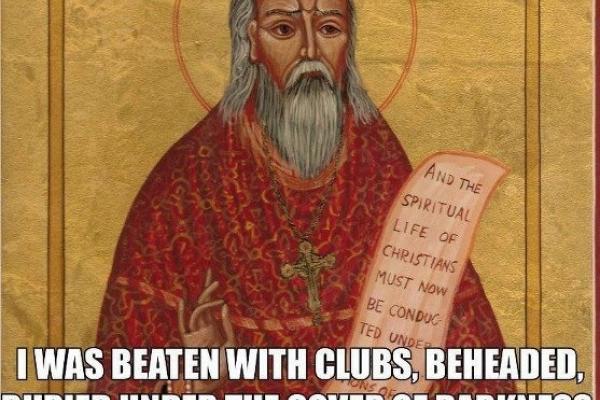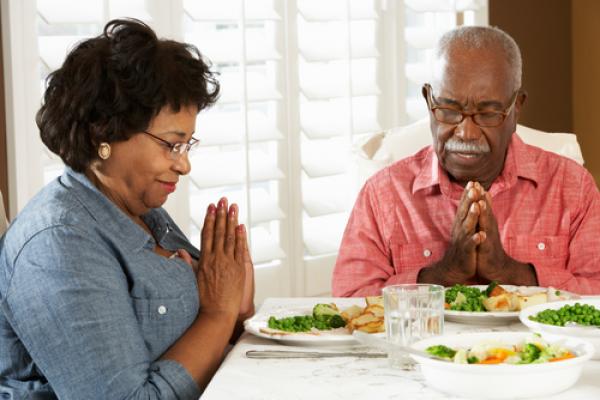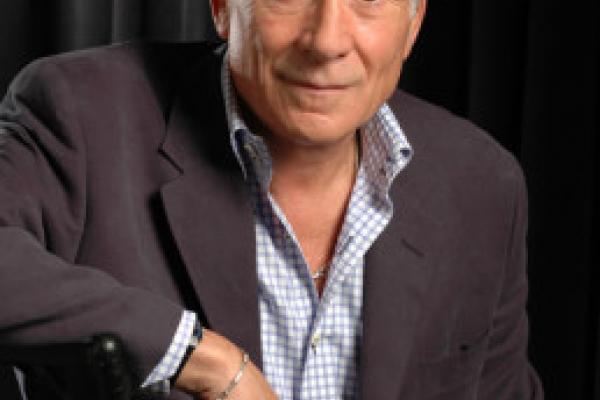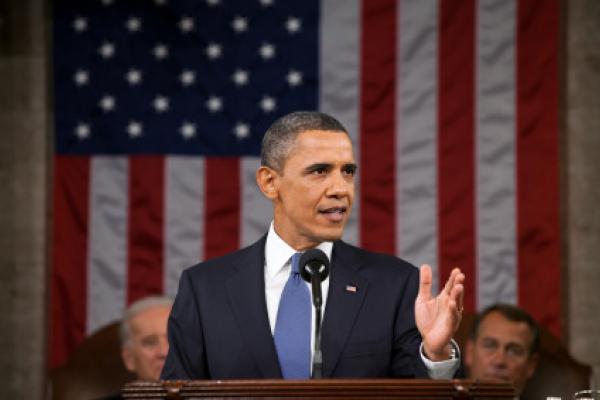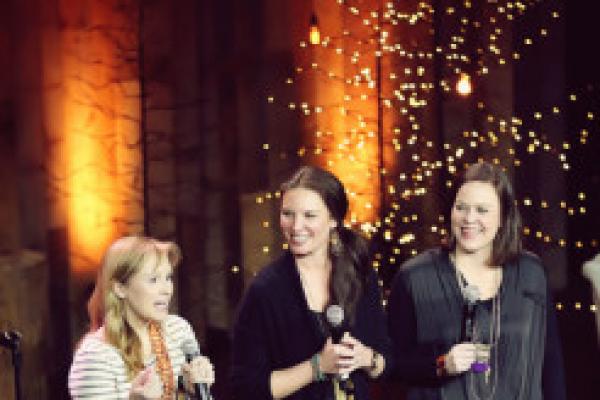I’ve done the Valentine’s Day thing in the past. And with two school-age kids, I still make the annual pilgrimage to the card and candy aisles in the grocery store to buy sufficiently benign greetings for them to hand out to every kid in their class, whether they like them or not.
But my wife, Amy, and I don’t do Valentine’s Day. In fact, we don’t even do Christmas anymore, in the way the culture tells us we should, at least. We’ve stopped buying presents, cards, and other trinkets for each other on these obligatory days, opting instead to surprise each other with gifts or other gestures of affection throughout the year.
One of my biggest objections to Valentine’s Day came from a friend recently who was commenting about the coming date. She was excited, she said, because her husband “always gets me something good.” Nothing about spending time together. Nothing about love for one another. Nothing about doing anything for him. She was excited to get something cool.
I know I’m sounding a little crusty and cynical right now, and if couples choose to observe such days with the exchange of gifts or a night out, I hope they do it joyfully and without any sense of obligation. But the “Hallmark holiday” mentality in our society has swallowed the proverbial Kool-Aid when it comes to reducing love down to a materialistic, forced transaction.
Yes, Valentine’s Day is about love, but the kind of selfless, dangerous sacrificial love it recognizes is trivialized by lacy cards and chocolates. Though there’s disagreement about which priest the day venerates exactly, the legends stretch back to the Roman rule of Claudius II, some 1,750 years ago.
Praying out loud had almost become a telltale sign of who was a true Christian and who wasn’t. To this day, I’m not sure (with levity) that you can get served in some parts of Dallas or Grand Rapids if you don’t pray before your meal.
I’ve been pondering this practice for a couple of years now, ever since Tim Tebow’s rise to fame. After touchdowns, he would get down on one knee, bow his head and pray. That gave way to a national phenomenon, “Tebowing,” defined as “to get down on a knee and start praying, even if everyone else around you is doing something completely different.”
Some Christians cheered Tebow for his Tebowing — a bold, fearless demonstration of his faith before millions. He was not ashamed of Jesus. No siree!
On the flip side, some wonder why Peyton Manning doesn’t get with the program, since he also claims to be a Christian. But the superstar Super Bowl quarterback doesn’t feel the need to display his piety. What’s up with that?
Tomorrow is Valentine’s Day, our annual reminder to celebrate the love we share in our lives. While many may be struggling through aisles of candy hearts and bunches of roses, I invite you to flip this day of mandatory public expressions of love on its head.
What if, along with romantic dinners and expensive chocolates, we celebrated those we love by committing ourselves against sexual and domestic violence? This Valentine’s Day, or V-Day, Sojourners is joining with One Billion Rising to speak out on violence against women — the most hidden injustice in our world. We speak out because one in three women will be raped or beaten in their lifetime. That’s one in three women in my family, in my circle of friends, in my workplace — and in my church.
We speak out because we want a different reality for our daughters.
We speak out because our Christian faith tells us to lift up the voices others would silence.
And we speak out because we must rally our church leaders to commit themselves to do the same.
A new film charting Charles Darwin’s passage from Christian to nonbeliever propelled its maker on a similar journey.
“Questioning Darwin,” a new, hourlong documentary airing on HBO throughout February, juxtaposes the story of the 19th-century British naturalist with looks into the lives of contemporary American Christians who believe the world was created in six days, as described in the Book of Genesis.
Antony Thomas, the 73-year-old British filmmaker behind the camera, said while his goal was to highlight the way his subjects answered big questions about the origins of life, a loving God, and the purpose of suffering, he found his own answers to those questions changing.
“This is a personal feeling, but I do believe the two [a belief in God and in evolution] are not compatible,” Thomas said by telephone from New York, where he is working on another documentary. “And that is what made this worthwhile for me.”
Many of us believe skyrocketing income inequality is the most important economic, political, and moral issue confronting our nation. Everyone from members of Congress to Pope Francis has called for action — and now our president is leading by example.
In his State of the Union address, the president announced he would sign an executive order to raise the minimum wage to $10.10 an hour for a group of federally contracted workers. Recent research has revealed that the federal government is our nation’s leading low-wage job creator, creating more than 2 million jobs through federal contracts, loans, and grants. With this stroke of the pen, the president will begin to transform the lives of many of these Americans who are struggling to survive.
Unfortunately, many conservative commentators are criticizing the president’s action. They claim he is overstepping his legal authority and even violating his constitutional powers.
If past conferences such as Women of Faith drew thousands of evangelical women to indoor stadiums for devotional Bible study, a new generation of evangelical women is looking outward and concerned with issues such as social justice.
The IF:Gathering in Austin earlier this month was one of those conferences. At the Austin Music Hall, about 1,200 women were greeted by farm tables decorated with candles and cabbage- and lavender-filled centerpieces. The free coffee came from Westrock Coffee, an organization committed to safe working conditions in Rwanda. But the wholesome, back-to-nature ambiance was just the start.
The women participating, including more than 44,000 online, sponsored 600 children through Food for the Hungry. Speakers included sex trafficking victim advocates Christine Caine and Bianca Olthoff, humanitarian photographer Esther Havens, and Annie Lobert, founder of Hookers for Jesus, a ministry for prostitutes that attempts to end sex trafficking.
Although it sometimes feels like our time here has just begun, our intern year at Sojourners is already almost halfway finished.
Applications for next year's program are due March 1, and if you or anyone you know is on the bubble in regard to applying, here are a few thoughts from this year's interns as to why you should apply.
